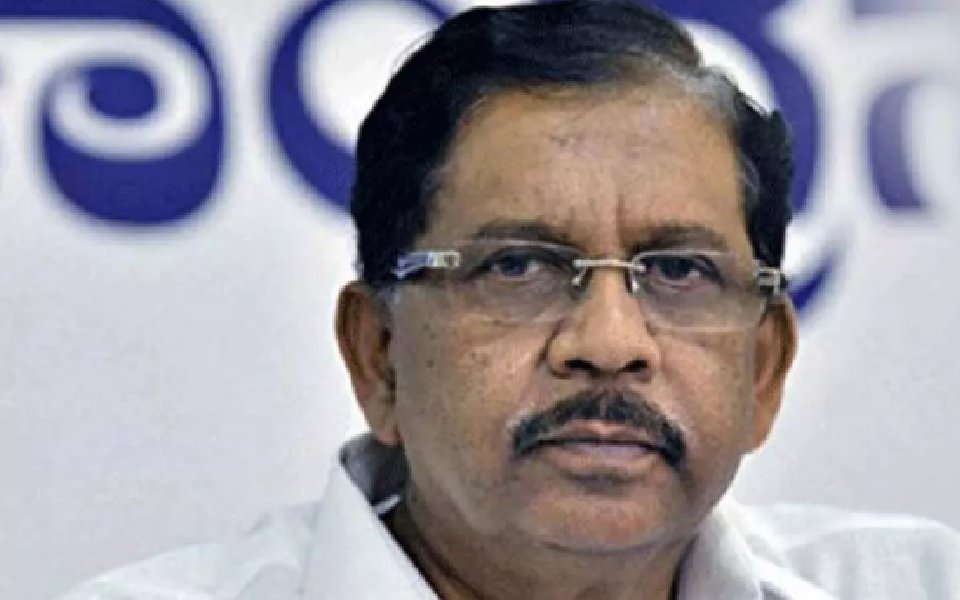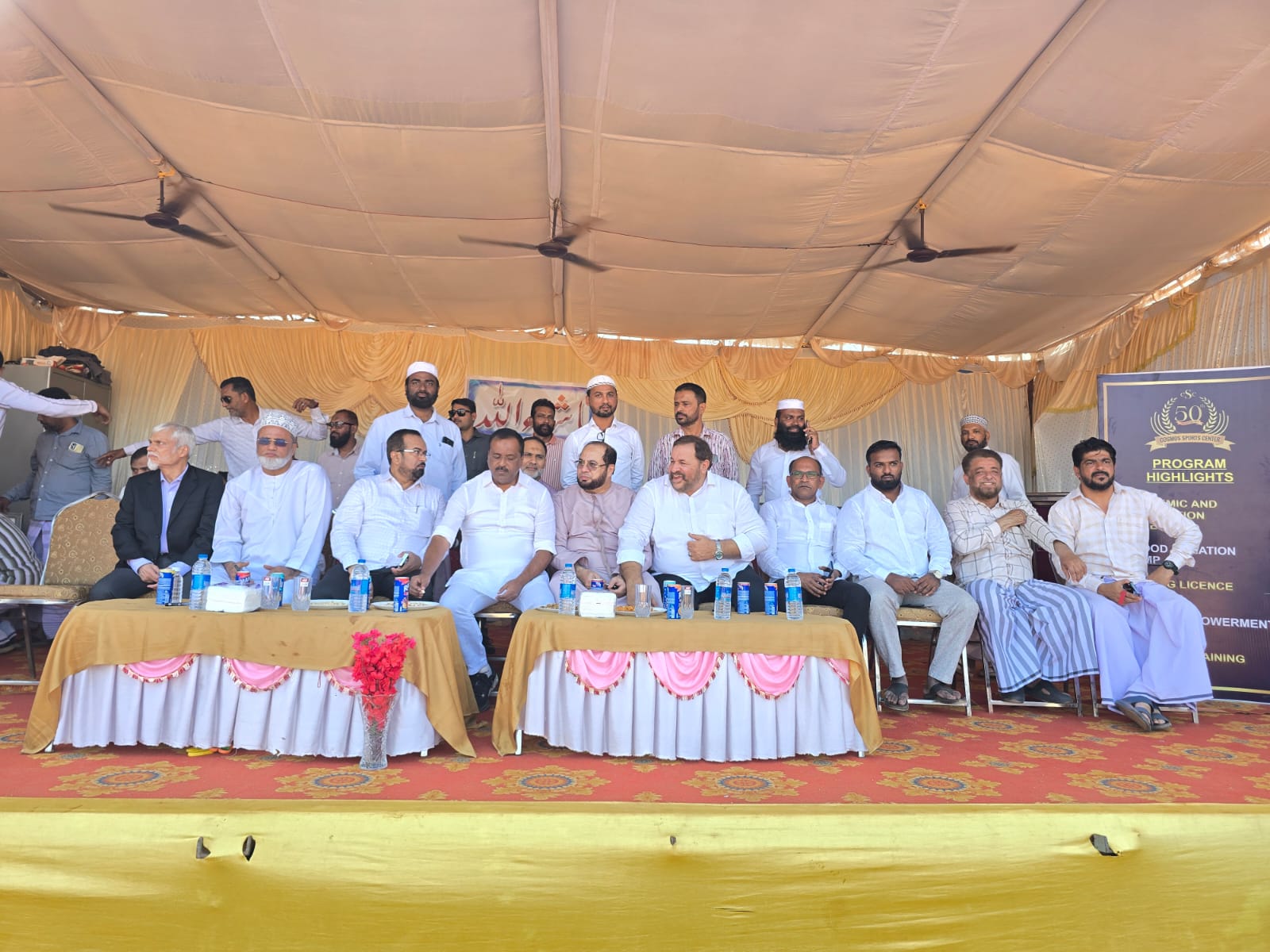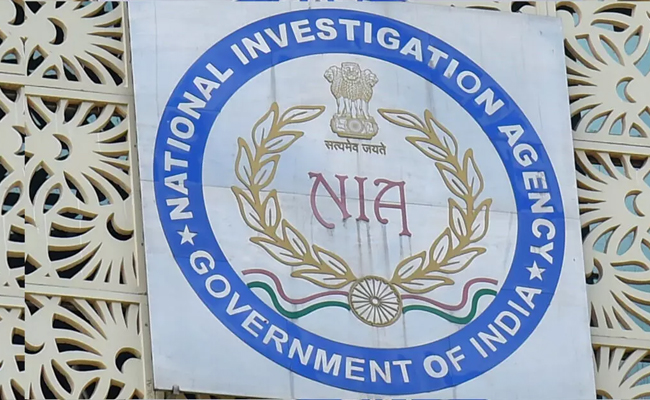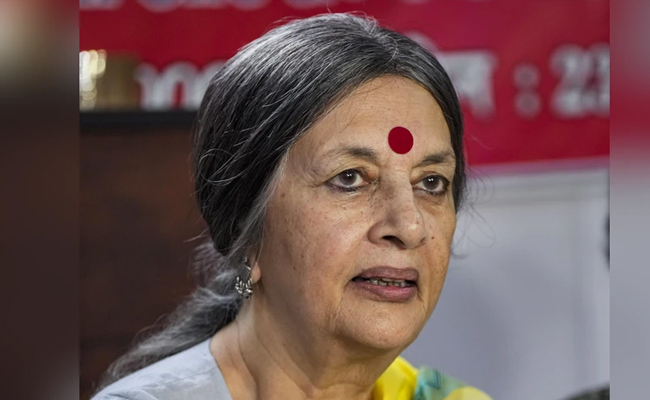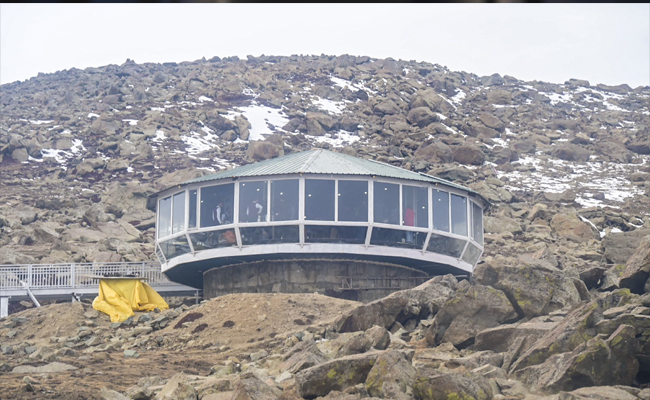Bengaluru: Karnataka Home Minister G Parameshwara on Thursday said the state government will gather information following senior party leader B K Hariprasad's claim that a 'Godhra like incident' was likely in the state.
On the other hand, the state unit of BJP mounted attack on the ruling Congress over the issue and demanded the immediate arrest of Hariprasad.
MLC Hariprasad had on Wednesday claimed that there is a possibility of Godhra-like incident in Karnataka in the run up to the consecration ceremony of Ram temple in Ayodhya on January 22. The Karnataka government should be alert because in Gujarat during the same occasion, the Kar Sevaks were set on fire at Godhra, he cautioned.
ALSO READ: Godhra-like incident possible in Karnataka in the run up to Rama temple consecration: B K Hariprasad
The 2002 Godhra train burning case had plunged Gujarat into one of the worst communal riots. Reacting to Hariprasad's statement, Parameshwara said, ''We don't have any information. If a situation like that rises then our department (police) is capable of handling it. We will not let such things happen.'' Responding to a reporter's query on summoning the MLC to get details, he said it can be considered because he is a senior leader and he must have the information.
The Minister, however, said there was no need to issue notice to Hariprasad as of now. ''When there is a sensitive matter we will first gather information. We will handle the case the way it should be,'' Parameshwara explained.
Former Chief Minister Basavaraj Bommai charged the Congress MLC with 'instigating' people to commit such incidents.
''The Home Minister says he as no information while the MLC says he has inputs. This means there is intelligence failure. The police would have registered an FIR if an ordinary person would have given a similar statement,'' Bommai told media persons.
Accusing the government of using different yardstick, he demanded that Hariprasad be summoned to the police station for inquiry.
Former minister K S Eshwarappa said the statement gives an impression that Hariprasad has information. Dakshina Kannada MP Nalin Kumar Kateel also demanded the arrest of the Congress MLC saying he has all the information about the incident.
Let the Truth be known. If you read VB and like VB, please be a VB Supporter and Help us deliver the Truth to one and all.
Bhatkal: Speaker of the Karnataka Legislative Assembly U. T. Khader visited Bhatkal in Uttara Kannada district on Saturday and attended a local cricket match being played as part of a tournament organised by the Cosmos Sports Centre of Bhatkal.
After attending a programme at Anjuman Hami-E-Muslimeen, Khader proceeded to the Bhatkal Taluka Stadium, where the tournament is underway. He was accompanied by office-bearers of the Cosmos Sports Centre and several local community leaders.
Those present during the visit included President of Majlis-e-Islah Wa Tanzeem and former JD(S) leader Inayathullah Shabandri, Vice President of Tanzeem Atiqur Rahman Muniri, General Secretary Abdul Raqeeb MJ, President of Cosmos Sports Centre Ismail Anjum, Managing Director of Mohtisham Complexes S. M. Arshad, former president of the Bhatkal Muslim Youth Federation Imtiyaz Udyawar, among others.
Addressing players and organisers, Khader extended his best wishes to the participating teams and urged the players to uphold the spirit of sportsmanship. He said such tournaments help promote unity and brotherhood among the youth.
The cricket tournament began on November 21 and will conclude with the final match on December 21. It is being organised as part of the golden jubilee celebrations of the Cosmos Sports Centre.
Cosmos Sports Centre is one of the member clubs of the Bhatkal Muslim Youth Federation and is known for its active role in promoting sports in the town. Apart from sporting activities, the centre is also involved in various social and community initiatives, including efforts to promote education among students.


